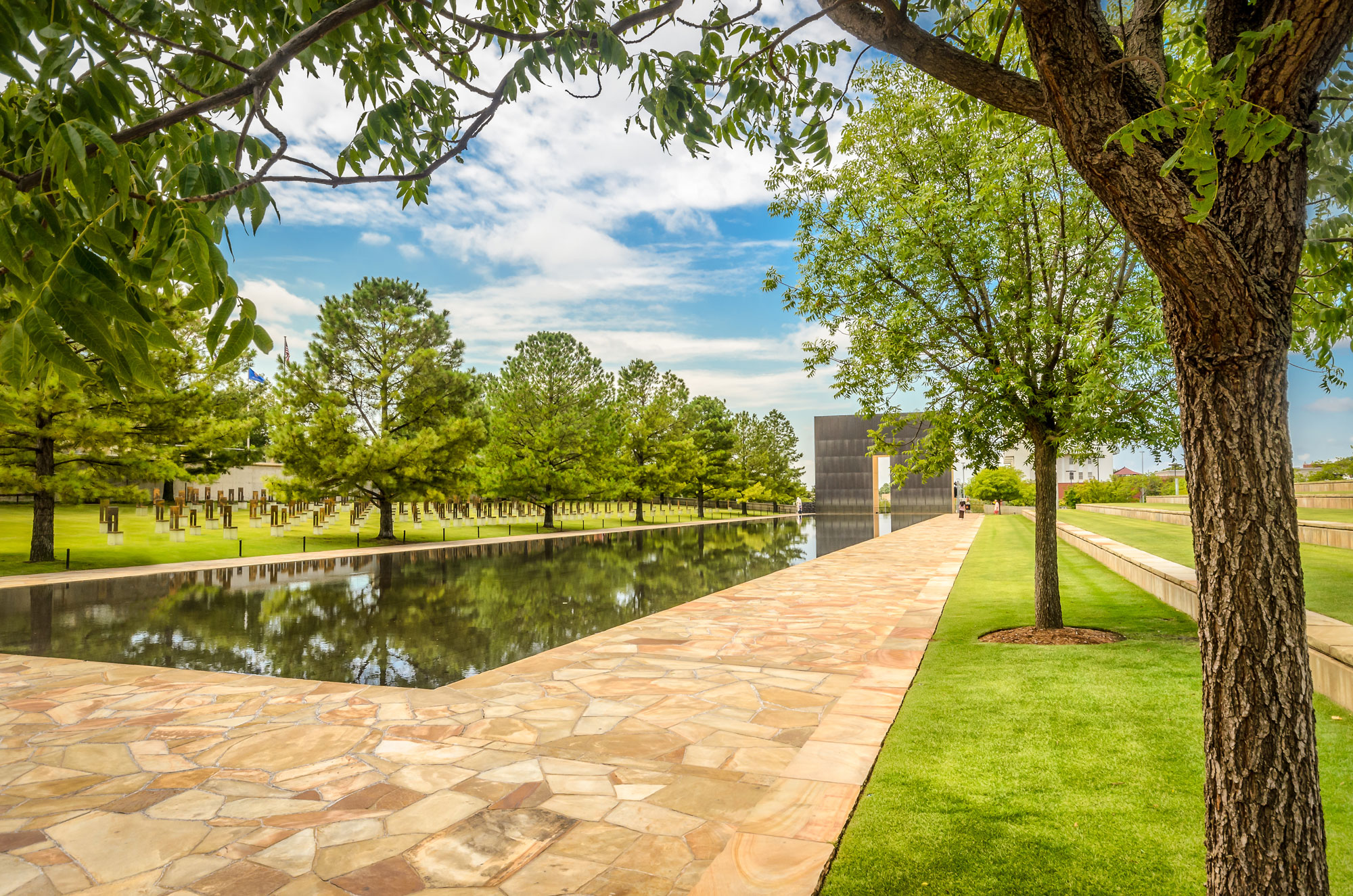
Oklahoma is Leading the Way as States Push Back Against Failed Federal Homeless Policy
What does it say about our society when we leave vulnerable people in desperate conditions to sleep on sidewalks, in tent encampments, and in abandoned buildings? Nothing good. That’s why Oklahoma is taking a different approach and turning to compassionate solutions to homelessness that provide meaningful assistance in the short term and real change that lasts a lifetime.
The Sooner State has received tens of millions of dollars from the federal government to address this growing crisis, and community homeless outreach teams are at the forefront of engaging with unsheltered individuals. Despite this generous funding and dedicated work, homelessness remains a critical issue in our state. This is in part because federal homelessness funding prioritizes inefficient approaches at the expense of those who are most at risk—the most visible and vulnerable of our chronically unsheltered, houseless population.
In Oklahoma, more than nine out of 10 unsheltered homeless individuals are adults without children in their households. In fact, the U.S. Department of Housing and Urban Development counted only 48 homeless families in Oklahoma in 2023, yet there was twice as much available family- and child-oriented shelter space in the state as there were unsheltered families.
Unsheltered homelessness in our state is a phenomenon primarily among single men, many of whom struggle with severe mental illness and chronic substance abuse. Since 2013, the number of unsheltered individuals with severe mental illness has increased by 138 percent, and the number of those with chronic substance abuse has risen by 71 percent. The same dataset also indicates that over the last decade, the likelihood of a homeless person struggling with mental illness or drug abuse being without shelter and sleeping on the street has nearly doubled. The needs of this population are much higher than those of individuals who seek shelter of their own volition.
But their needs are being largely unmet.
Volunteers, outreach organizations, and the Oklahoma legislature work tirelessly to fight these concerning trends. But the fact of the matter is that the dominant solution to homelessness—Housing First—is not effective at reaching the chronically homeless. It is a one-size-fits-all model that ignores a practical reality of the crisis: some people who live on the street resist getting the help they desperately need. Practically, Housing First seeks to address homelessness by providing free housing, but it lacks any requirements for mental health stability, sobriety, or even basic work requirements. This strips participants of their dignity and remands them to a life of dependency.
This session, Oklahoma has started to take a more proactive approach to addressing the most challenging problems in homelessness. Now, law enforcement will have basic authority to redirect homeless individuals to approved areas when they are encountered sleeping on public or private property without approval from the owners. Individuals will have better access to homeless service providers who can help them rebuild their lives, and the approved camping areas will have basic necessities we often take for granted—clean water, restrooms, and security.
Public camping restrictions have shown promise in other states as a way to provide a last resort on-ramp to shelter and services for the most difficult-to-reach—those who cannot or will not seek help on their own. The restrictions empower law enforcement to intervene without needlessly cycling low-risk individuals through the criminal justice system.
This type of intervention and redirection has been attacked in the press, yet most people agree that allowing individuals to camp wherever they choose is not a compassionate approach to the problem and that it poses a threat to public safety. This isn’t about criminalizing homelessness. It’s about empowering cities to take action when members of their community are in desperate need instead of standing idly by as homeless individuals heartbreakingly succumb to the elements.
This is Oklahoma, not Seattle or San Francisco—we do things differently here. When a neighbor is struggling, we offer a helping hand. And when someone is unwilling or unable to care for their own needs, we don’t pretend that their problems do not affect the rest of us. We care, and we act. Right now, cities are helpless in the face of chronic homelessness, but we have empowered them to make a difference. Camping restrictions provide a path forward to positive change, one that is foreclosed under failed federal Housing First policies.
